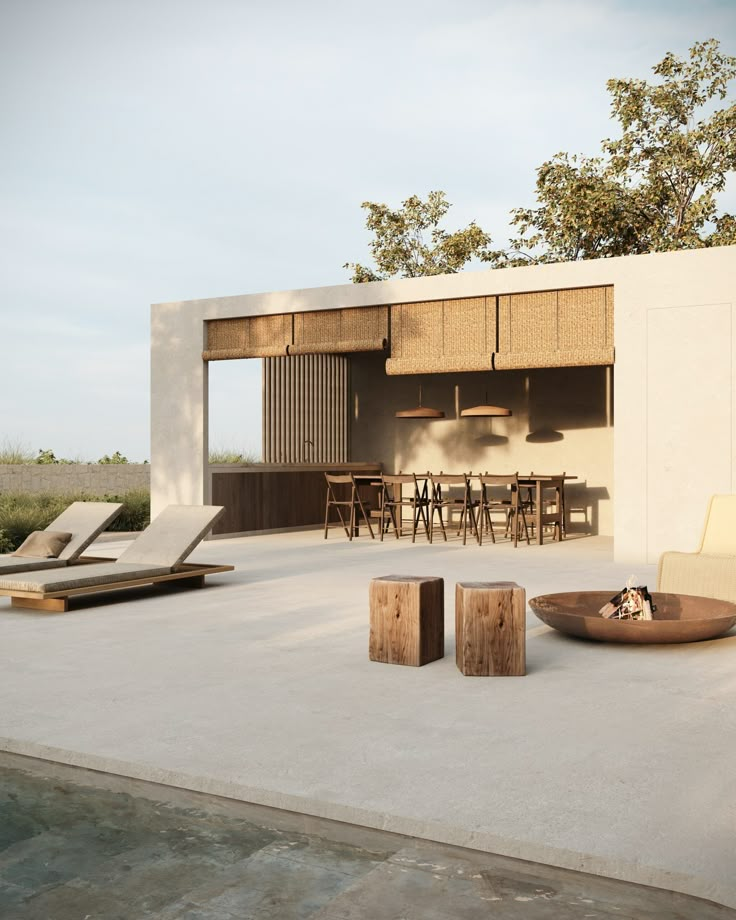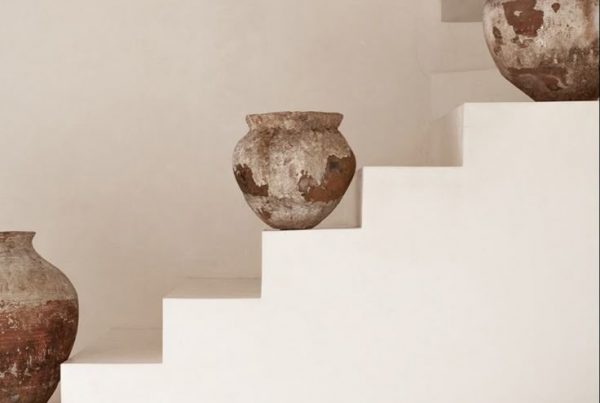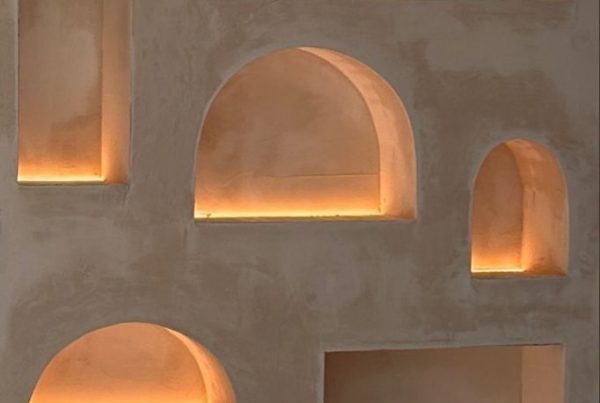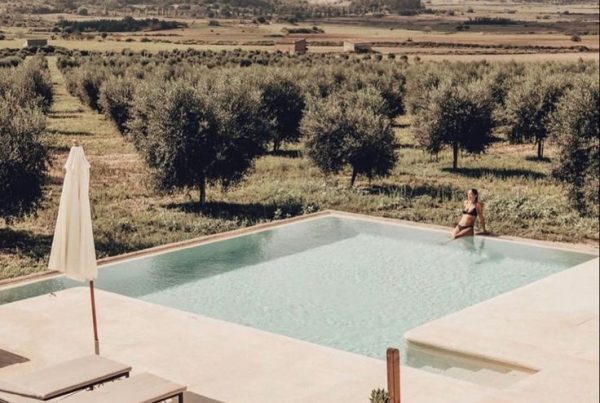The development of rural tourism in Mallorca is governed by Law 8/2012 on Tourism in the Balearic Islands, which sets out specific conditions for properties located on rural land (suelo rústico).
If you are considering transforming your rural property into tourist accommodation, it’s essential to understand the requirements, administrative process, and restrictions established by Balearic tourism and environmental regulations.
Types of authorised rural tourist accommodation
1. Rural Hotel (Hotel Rural)
A rural hotel is defined as a building used for tourist accommodation that meets the following criteria:
- Constructed before 1 January 1940.
- Located on rural land (suelo rústico).
- Minimum plot size: 49,000 m² (depending on the type of activity).
2. Rural Tourism (Turismo de Interior Rural)
This type refers to buildings used for tourist accommodation that:
- Were built before 1 January 1960.
- Are located on rural land with a minimum of 21,000 m² dedicated to agricultural, livestock, or forestry use.
Administrative requirements
To legally operate a rural tourism business, the owner must submit a Responsible Declaration for the Commencement of Tourist Activity (DRIAT) (Declaración Responsable de Inicio de Actividad Turística).
The DRIAT must include:
- Identification of the owner or legal representative.
- A descriptive report with:
- Name, address, category, and registration number (if applicable).
- Total surface area of the property.
- List of authorised and requested accommodation units with full details (ID number, capacity, room size, kitchen, terrace, etc.).
- Description of all buildings and common areas (reception, lounges, dining rooms, swimming pools, gyms, parking, etc.).
- Sketches or architectural plans.
- Proof of stamp duty payment (a set amount per bed).
Once the DRIAT is correctly submitted, the activity is officially authorised to begin.
If any errors or missing documents are detected, the Law 30/1992 allows a 10-day correction period.
Verification and inspection
According to Decree 13/2011, an inspection will be conducted to confirm that the property details match those declared in the DRIAT and comply with tourism regulations.
If any false or essential errors are discovered, the tourist licence will be suspended, and the registration will be cancelled in the official Tourist Registry.
Conditions for existing buildings and renovations
Under Law 8/2012, any existing outhouses or secondary buildings constructed before 22 July 2012 may be used for tourist accommodation, provided they comply with current urban and environmental planning laws.
Renovations and extensions of these buildings are permitted, and they are exempt from the maximum construction volume limit established in Article 28.4 of Law 6/1997 on Rural Land.
However, all new rural hotels or major reforms must undergo:
- An Environmental Impact Assessment (Annex II, Law 11/2006, Group 7h).
- A Declaration of General Interest, granted by the Island Council (Consell Insular) under Article 44.4 of Law 8/2012.
Additionally, classified or protected buildings may be registered for tourist use if a favourable report is issued by the competent authority in heritage matters (Patrimonio), as per Article 44.5 of Law 8/2012.
Summary
Establishing a rural tourism business in Mallorca involves complying with complex regulations that combine tourism, environmental, and planning law.
To avoid penalties or cancellation of your licence, it’s highly advisable to seek legal guidance before initiating the process.
At Frau Legal, our team of real estate and tourism lawyers specialises in rural property law and tourist licensing procedures. We guide you through every stage — from verifying compliance to preparing your DRIAT and obtaining the necessary authorisations from the Consell Insular de Mallorca and the Tourism Department.
📍 Contact us in Palma, Puerto Portals, Sóller, or Ibiza:
fraulegal.com/contact






